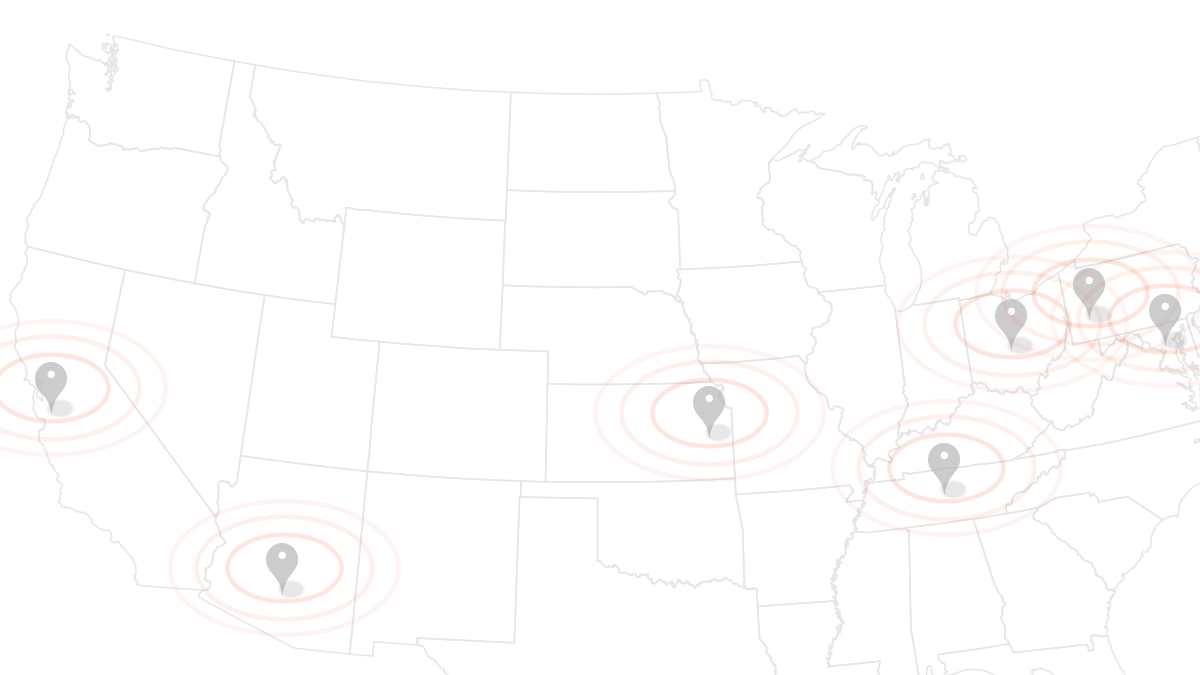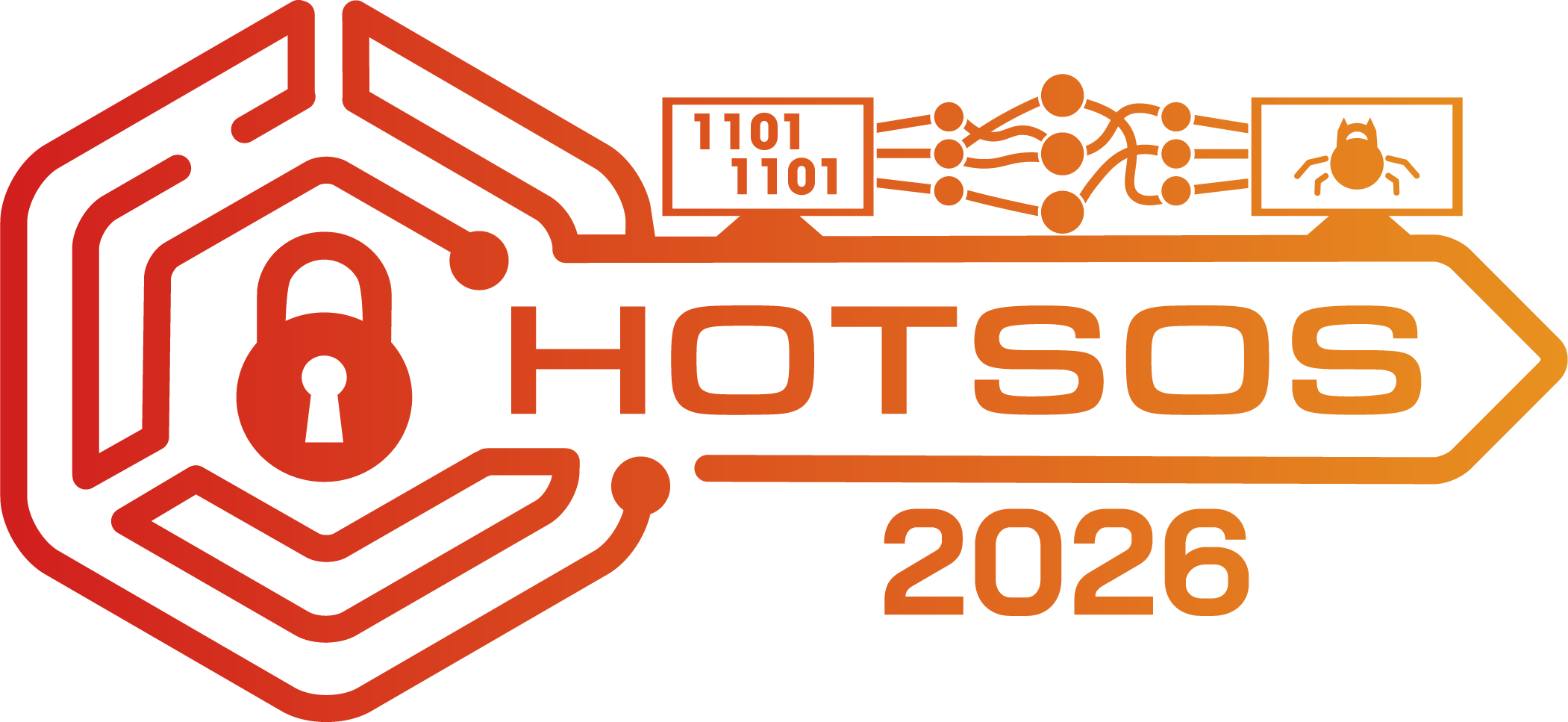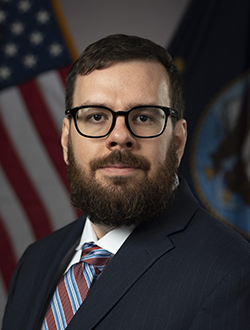 Dr. Evan Austin is a computer scientist at the Naval Research Laboratory's Center for High Assurance Computer Systems. In his current role, he provides technical leadership and strategic guidance to help align research investments to match United States Navy and Department of Defense priorities. Prior to joining the Naval Research Laboratory, Dr. Austin was a research scientist at Naval Information Warfare Center Atlantic (NIWC-LANT). At the tail end of his time at NIWC-LANT, Dr. Austin was detailed to the Pentagon serving in the capacities of both the Deputy Director, and Acting Director, for Cyber Technologies within the Office of the Under Secretary of Defense for Research and Engineering. Dr. Austin received the Naval Meritorious Civilian Service Award for his work performed in these two roles. He holds Bachelors, Masters, and Ph.D. degrees in computer science from the University of Kansas, with his Ph.D. research funded by the Department of Defense SMART Scholarship-for-Service Program.
Dr. Evan Austin is a computer scientist at the Naval Research Laboratory's Center for High Assurance Computer Systems. In his current role, he provides technical leadership and strategic guidance to help align research investments to match United States Navy and Department of Defense priorities. Prior to joining the Naval Research Laboratory, Dr. Austin was a research scientist at Naval Information Warfare Center Atlantic (NIWC-LANT). At the tail end of his time at NIWC-LANT, Dr. Austin was detailed to the Pentagon serving in the capacities of both the Deputy Director, and Acting Director, for Cyber Technologies within the Office of the Under Secretary of Defense for Research and Engineering. Dr. Austin received the Naval Meritorious Civilian Service Award for his work performed in these two roles. He holds Bachelors, Masters, and Ph.D. degrees in computer science from the University of Kansas, with his Ph.D. research funded by the Department of Defense SMART Scholarship-for-Service Program.

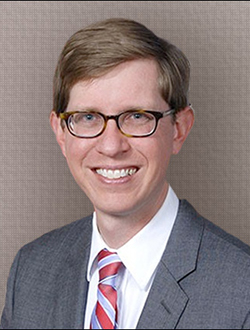 Josiah Dykstra is a Technical Fellow in the Cybersecurity Collaboration Center at the US National Security Agency (NSA). Prior to his current role, he held a variety of technical and leadership positions at NSA, including as a senior researcher within NSA's Research Directorate studying computer network operations. His research focus areas have included digital forensics, cloud computing, network security, cybersecurity science, and human factors. Among his many publications, Dykstra authored the book Essential Cybersecurity Science.
Josiah Dykstra is a Technical Fellow in the Cybersecurity Collaboration Center at the US National Security Agency (NSA). Prior to his current role, he held a variety of technical and leadership positions at NSA, including as a senior researcher within NSA's Research Directorate studying computer network operations. His research focus areas have included digital forensics, cloud computing, network security, cybersecurity science, and human factors. Among his many publications, Dykstra authored the book Essential Cybersecurity Science.
He has received numerous awards, including the Presidential Early Career Award for Scientists and Engineers (PECASE), a Galileo Award from the Director of National Intelligence, and an NSA Research Team of the Year award. Dykstra is an ACM Distinguished Speaker was recently named an ACM Distinguished Member.

 Glenn Lilly received his BA in philosophy and mathematics from West Virginia University in 1985. He received his PhD in mathematics (special functions and combinatorics) from the University of Kentucky in 1991. He joined the National Security Agency in 1991, where he has held a variety of positions in design and evaluation. Currently, he is the technical director for the NSA's Cryptographic Assurance Operations organization within Cybersecurity Solutions. A primary focus of his is workforce technical health; he is a senior advocate for IC PRIDE, the Intelligence Community-wide LGBTQ+ affinity network group. For the five years prior to joining Cryptographic Assurance Operations, he was chief of the Mathematics Research Group. He has one patent, US Patent Serial 09/799,432, "Device For and Method of One-Way Cryptographic Hashing" for the SHA-2 family of hashing algorithms.
Glenn Lilly received his BA in philosophy and mathematics from West Virginia University in 1985. He received his PhD in mathematics (special functions and combinatorics) from the University of Kentucky in 1991. He joined the National Security Agency in 1991, where he has held a variety of positions in design and evaluation. Currently, he is the technical director for the NSA's Cryptographic Assurance Operations organization within Cybersecurity Solutions. A primary focus of his is workforce technical health; he is a senior advocate for IC PRIDE, the Intelligence Community-wide LGBTQ+ affinity network group. For the five years prior to joining Cryptographic Assurance Operations, he was chief of the Mathematics Research Group. He has one patent, US Patent Serial 09/799,432, "Device For and Method of One-Way Cryptographic Hashing" for the SHA-2 family of hashing algorithms.

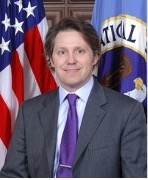 Mr. Neal Ziring is the Technical Director for the National Security Agency (NSA)’s Cybersecurity Directorate. In that role, he is responsible for a wide variety of technical assessment, external engagement, workforce developments, and strategic direction issues for NSA’s cybersecurity mission. In his past position, he served as the Technical Director of the NSA Capabilities Directorate. In that role, he tracked technical initiatives, promoted the professional health of a diverse technical staff, and served as liaison to various external partners. Prior to the formation of the Capabilities Directorate, Mr. Ziring served as Technical Director of the Information Assurance Directorate for five years.
Mr. Neal Ziring is the Technical Director for the National Security Agency (NSA)’s Cybersecurity Directorate. In that role, he is responsible for a wide variety of technical assessment, external engagement, workforce developments, and strategic direction issues for NSA’s cybersecurity mission. In his past position, he served as the Technical Director of the NSA Capabilities Directorate. In that role, he tracked technical initiatives, promoted the professional health of a diverse technical staff, and served as liaison to various external partners. Prior to the formation of the Capabilities Directorate, Mr. Ziring served as Technical Director of the Information Assurance Directorate for five years.
His personal expertise areas include security automation, IPv6, cloud computing, cross-domain information exchange, data access control, and cyber defense.
Prior to coming to NSA in 1988, Neal worked at AT&T Bell Labs. He has BS degrees in Computer Science and Electrical Engineering, and an MS degree in Computer Science, all from Washington University in St. Louis. Since then, he has also taken classes from Columbia University, the University of Maryland Baltimore County, and George Washington University.

